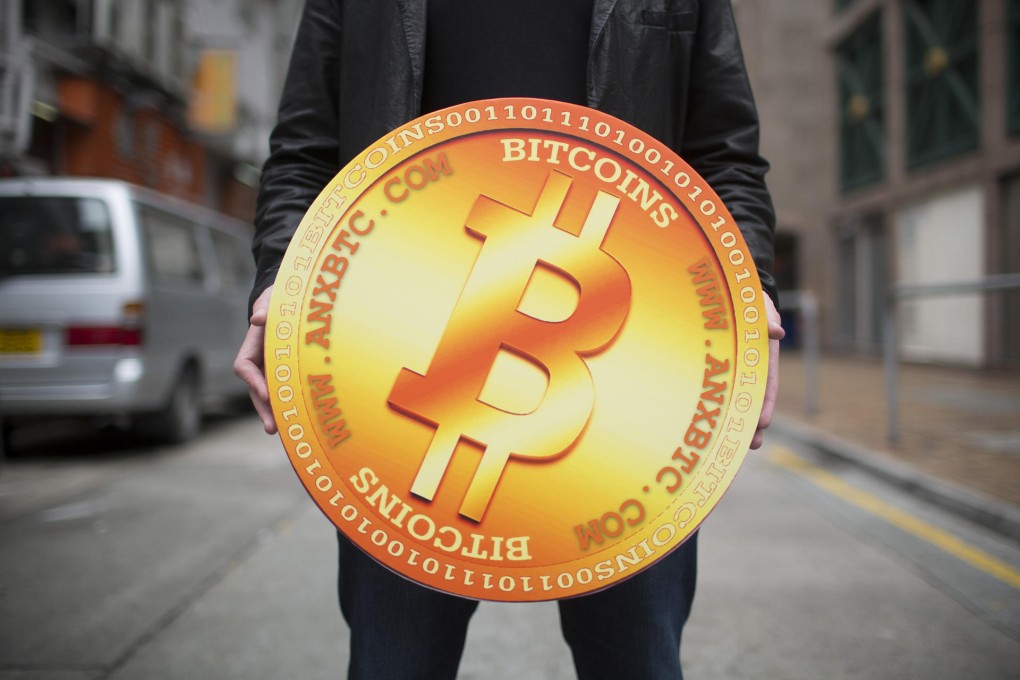Bitcoin meets bricks and mortar
Sydney broker accepts payments in world's most popular virtual currency in response to an influx of investors from the mainland

Forsyth Real Estate, a Sydney-based property broker, will accept property deposits and payments from sellers in virtual currency bitcoin to lure business from Chinese homebuyers.

While the company had not yet taken deposits in the virtual currency, it expected to soon, Johnston said.
The broker is Australia's first property agency to accept bitcoins, the most popular digital currency, to respond to an influx of foreign investors and expatriates seeking property in the nation's most populous city, according to its website.
Chinese buyers overtook their counterparts from the United States to become the biggest real estate investors in Australia in the financial year ended June, ploughing A$5.9 billion (HK$42 billion) into residential and commercial property, according to the Foreign Investment Review Board.
"We're trying to be proactive and innovative, and we do have an influx of international investors and expatriates," Johnston said.
"It's cheaper and easier because it takes out the middleman, takes out the fees and charges" associated with more traditional forms of payment like bank transfers, she said.